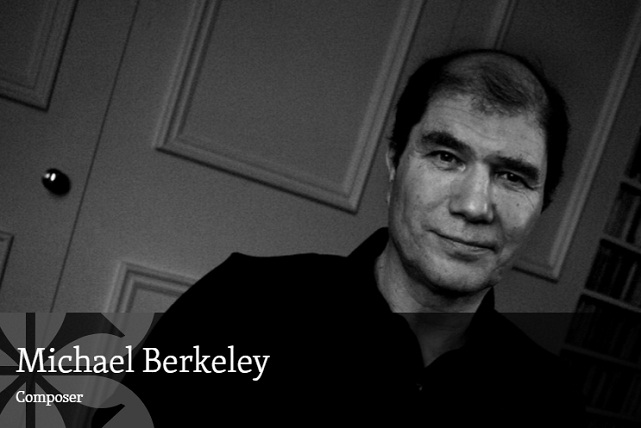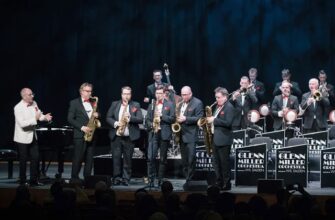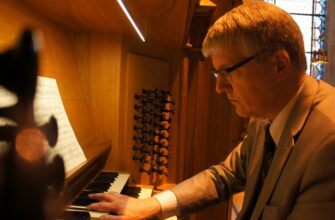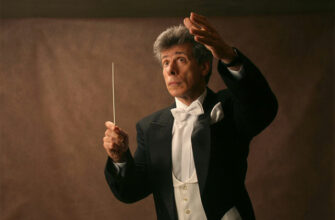On November 13, 2017 at Moscow Cello festival Vivacello will be represented the long-awaited world premiere. Concerto for cello and orchestra by Lord Michael Berkeley will be played at the concert hall Tchaikovsky by three cellist B. Andrianov accompanied by the State Symphony orchestra “New Russia” (directed by John Axelrod).
Sir Michael Berkeley (b. 1948) is the eldest son of composer sir Lennox Berkeley and a godson of composer Benjamin Britten. The future composer as a boy sang in the choir of Westminster Cathedral, this was an excellent start to his musical career. Then he graduated from the Royal Academy of music and turned to composition. As a composer sir Berkeley quickly gained international glory, his works entered the repertoire of the Scottish chamber orchestra, Symphony orchestras of London, Wales, they were performed by Mstislav Rostropovich, Andre Previn, Heather Harper and other prominent musicians. Lord Berkeley has written 3 operas: “BAA BAA Black Sheep” about R. Kipling, “Jane Eyre” and “For you” and symphonic compositions (“Gregorian variations, “Are we going to die?”, “Gabriel’s lament”, etc.). He directed the international festivals and worked on television. In all the areas of his activities composer received the highest awards.
Before the premiere of the Concerto for cello and orchestra Sir Michael Berkeley has kindly agreed to share with readers of a cultural-political magazine “E-Vesti” with thoughts on music.
EV: It seems in your musical career you have worked with every known kind of English music: from church chorals to rock and films. In your opinion, what does mean genre for composer? Is it just one of the instruments or something more?
Sir Berkeley: I think a professional composer should be able to turn his hand to all kinds of work. Composers are trained to understand how to write for all the instruments and are continually learning more from players.
EV: You organize a lot of festivals. What role music festivals now play in England?
Sir Berkeley: I have organised festivals and they have a dual role – they allow people outside the major cities to hear top class music making and they can have an individual character by specialising in a particular area like early music or contemporary music depending on the venues where they are situated.
EV: Broadcasting as a method of popularization of music in England: does it help to attract young listeners?
Sir Berkeley: It means that a huge range of music is available for those who want to find it. Classical music will never have quite the following amongst the young that popular music does but I find that as they get older people turn to classical music and that is true of pop stars as well.
EV: You care for music in modern England and do a lot for it in Parliament. What happens now in England with music education, with possibilities for youth, with role of the music in society? (Especially I’m interested in positive experience which Russia can borrow or, the opposite, what England can borrow from Russia)
Sir Berkeley: I think Russia leads the way in getting young players started while their muscles are still pliable. For a violinist, for example, this is crucial as with sport. England has some fine conservatoires but I am worried that young children in schools are not all getting musical opportunities and the budget for music in state schools has been badly cut.
EV: You work a lot with musicians all over the world, inc. Russia. Can you tell a few words about your collaboration with Russia and Vivacello in particular?
Sir Berkeley: I was very pleased to be asked by Boris Andrianov to write this work for him as I have listened to recordings of his playing and was very impressed by it. Music is about communication and the chance to work with colleagues in Moscow is enormously exciting and I am hugely looking forward to it.




